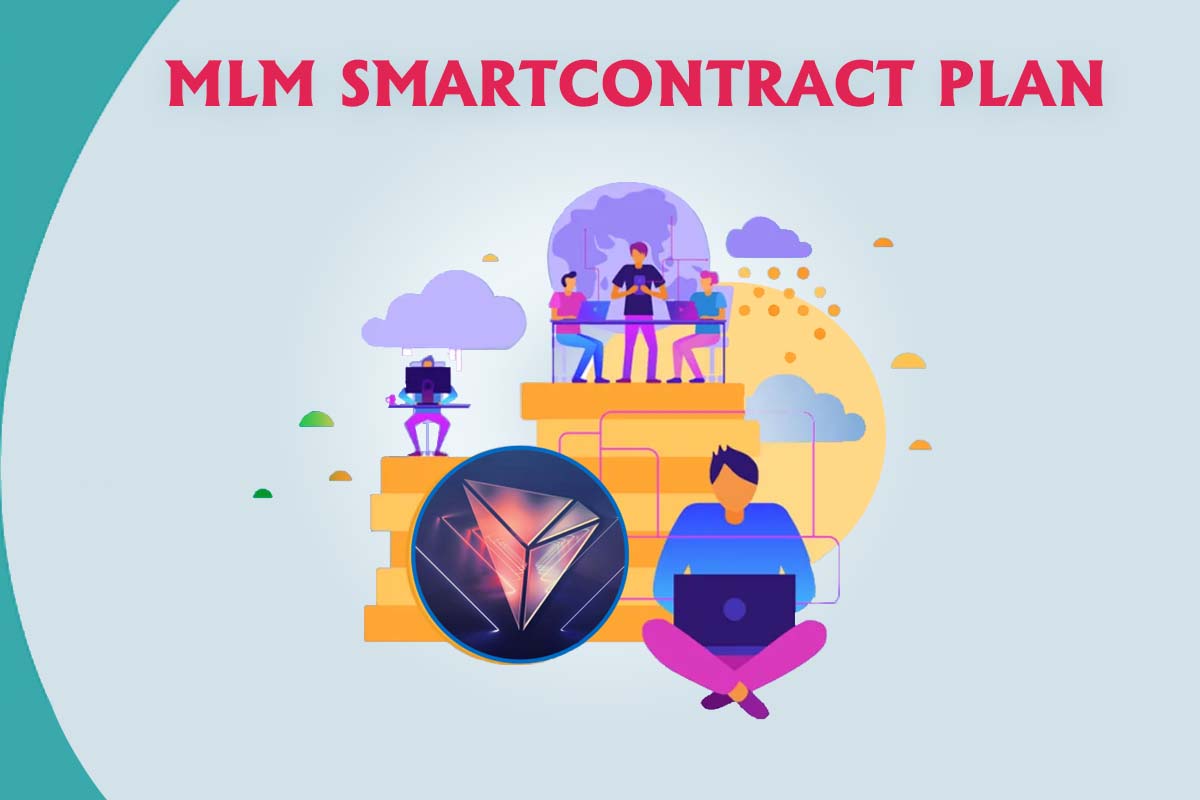
Features of smart contract
- Strong Security
- Savings and Profits
- Efficient and accurate
- Storage and Backup
- Trust and transparency
What is a Smart contract?
A smart contract is a self-executing agreement between parties, written in computer code and stored on a blockchain. These contracts automatically run when predefined conditions are met, ensuring trust and transparency in transactions. Since smart contracts are stored on the blockchain, they are immutable, meaning they cannot be altered or tampered with once deployed. All transactions executed through a smart contract are verified and recorded by the blockchain, eliminating the need for intermediaries or third-party approvals.


How does smart contract work?
The process of creating a smart contract begins with a business team defining a clear business plan, outlining the rules, conditions, and outcomes that the contract should execute in response to specific events or circumstances. Once the logic is finalized, a developer codes the smart contract and conducts thorough testing to ensure it functions as intended. After development, the smart contract is deployed on a blockchain, making it secure, transparent, and immutable. It is configured to monitor events through a cryptographically secured oracle, which feeds real-world data to the contract. When the contract receives the required combination of events or conditions from one or multiple oracles, it automatically executes the predefined actions without the need for intermediaries.